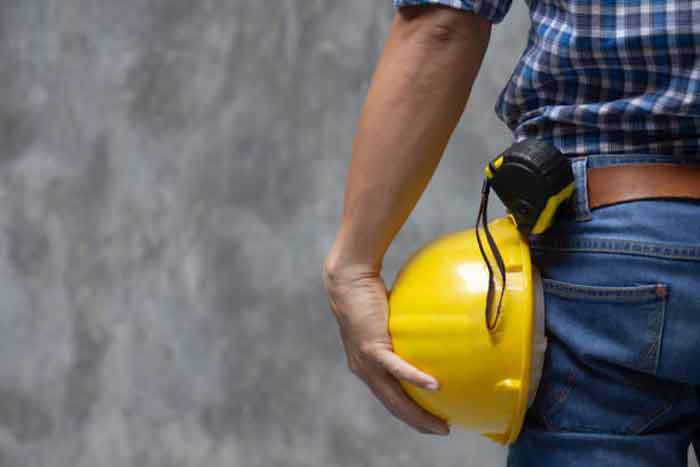When you are building a new house or a new building, one of the most important things to consider is the level of construction management. The ultimate goal is for the project to proceed according to plan, but sometimes a small problem can throw the project off track. For this reason, you need to be particularly attentive to the details of your construction project.
Collaboration

Collaboration is a key aspect of construction management, particularly when it comes to complex projects involving multiple teams, processes, and people. It facilitates communication and risk-sharing, improves project quality, and promotes mutual trust. It can also help reduce project costs and ensure client satisfaction. The benefits of collaboration go beyond saving time and money – they also help reduce errors and reworks.
While many people associate collaboration with working with diverse teams, this does not mean that every person is included. To encourage better collaboration, companies should hire diverse staff and use tools that can ease cultural barriers. Having multiple stakeholders on the same project can lead to misunderstandings and data loss, so communicating with them is crucial.
Planning
The planning process defines the activities that will be undertaken on a construction project. Activities are divided into a hierarchy of work tasks. Each task is defined by the resources required to complete it. The planning process also determines the spatial locations of activities in the planned facility. Tasks are also referred to as projects, jobs, and operations, browse around this website.
Planning is essential for construction management because it allows for a better outcome and reduces the costs of operations. In addition, it facilitates decision making. All management activities depend on planning. Without planning, the organizational structure becomes rigid and the results are not assured.
Budgeting
One of the most essential components of construction management is budgeting. A construction budget outlines the total capital set aside for a specific project, including associated costs. The amount of funding will depend on the type of project and location. It should be flexible enough to account for unexpected costs. A construction budget should be created after completing the project plan.
Creating a construction budget is a complex undertaking. Even the most experienced construction managers can make mistakes when it comes to estimating costs. As construction projects are often time-sensitive, it is important to make sure the budget is flexible enough to accommodate project realities. The process of developing a construction budget involves a few key stages.
Effective communication
Communication is a necessary component of the construction management process. It helps teams work cohesively and effectively. The goal of effective communication is to ensure that the right information reaches the appropriate stakeholders. An effective manager can communicate ideas and vision to team members and eliminate barriers to project completion. When communication flows smoothly, team members recognize that their manager is on their side. Effective communication also creates feedback loops, which are critical to the success of a project.
In construction, communication is important because of the diverse parties involved in the project. It improves management of the project team, strengthens teams, and ensures that projects are completed on time and on budget. In addition, effective communication helps to maintain a high safety record during construction. Effective communication in the construction management domain is a dynamic process where people share ideas, facts, and opinions. It also informs people about actions to be taken. Since the construction industry is highly fragmented and subcontracted, communication is particularly important.
Responsibility for end product
As a construction manager, you have a lot of responsibilities. You have to work with all parties, manage a team, and set a budget. You also have to consider risk management planning. You must manage the project’s team to meet design and construction milestones. It is important to work collaboratively, and take responsibility for the end product.
Summary:
A construction manager oversees the construction process, including managing the budget, supervising workers, and ensuring the end product is completed to the client’s specifications. In addition to ensuring safety and the completion of the project on time and on budget, a construction manager must also troubleshoot any unexpected issues.
